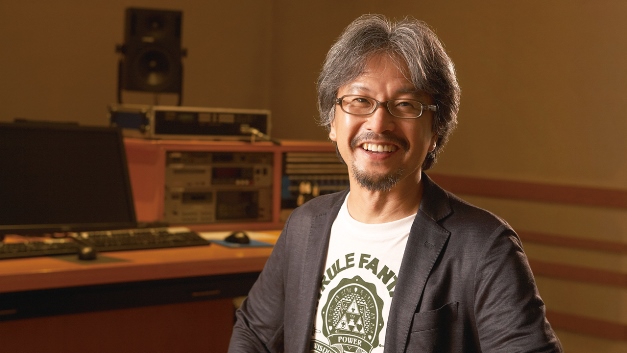Aonuma on his path into game design, how he came to be in charge of Zelda, Majora’s Mask three-day cycle
We have another three excerpts from Game Informer‘s interview with Zelda producer Eiji Aonuma. These latest summaries cover Aonuma’s path into game design, how he came to be in charge of Zelda, and the three-day cycle in Majora’s Mask.
You know what to do. Head past the break for the full breakdown.
Game Informer: What was your path into video game design?
Aonuma: …After joining Nintendo, I originally worked as an artist, doing the design of characters like Mario in pixel art. I went on to character design for lots of different games. I eventually reached the point where I wanted to make my own game. This was around the time A Link to the Past had come out. Playing that game really made me realize there were lots of different sorts of feelings you could convey in a game; it opened up some new horizons.
Game Informer: How did you come to be in charge of Zelda?
Eiji Aonuma: I directed a few different titles [like the Japan-only Marvelous: Mohitotsu no Takarajima-Ed.] before I worked on my first Zelda game, but what’s interesting is that a lot of those games had a very Zelda-like feel to them. Perhaps it was because I had been so influenced by my recent playthrough of A Link to the Past, but it was something Mr. Miyamoto noticed in the work I had been doing. He said, “You know – if you want to make a Zelda game maybe you should come over to that team and make a Zelda game.” That is when I joined the Zelda team that produced Ocarina of Time.
Game Informer: Even 15 years later, the three-day cycle in Majora’s Mask continues to be controversial among Zelda fans. Was there internal opposition to the mechanic when the game was being developed?
Aonuma: It certainly was a big move to go to this three-day cycle as opposed to a more traditional Zelda, but we felt it was going to be different and very stimulating for people who had played Ocarina. However, we were also concerned about possibly confusing players who were new to the Zelda series. That was always on my mind. We knew we were facing a very short development cycle for this game – it was really only one year from start to end. We wanted to make sure that we were bringing out a new vision – something that was very different, rather than working on a short development cycle to just rehash older game-play concepts. That was something very important to me and why I felt we needed to make a big move.
